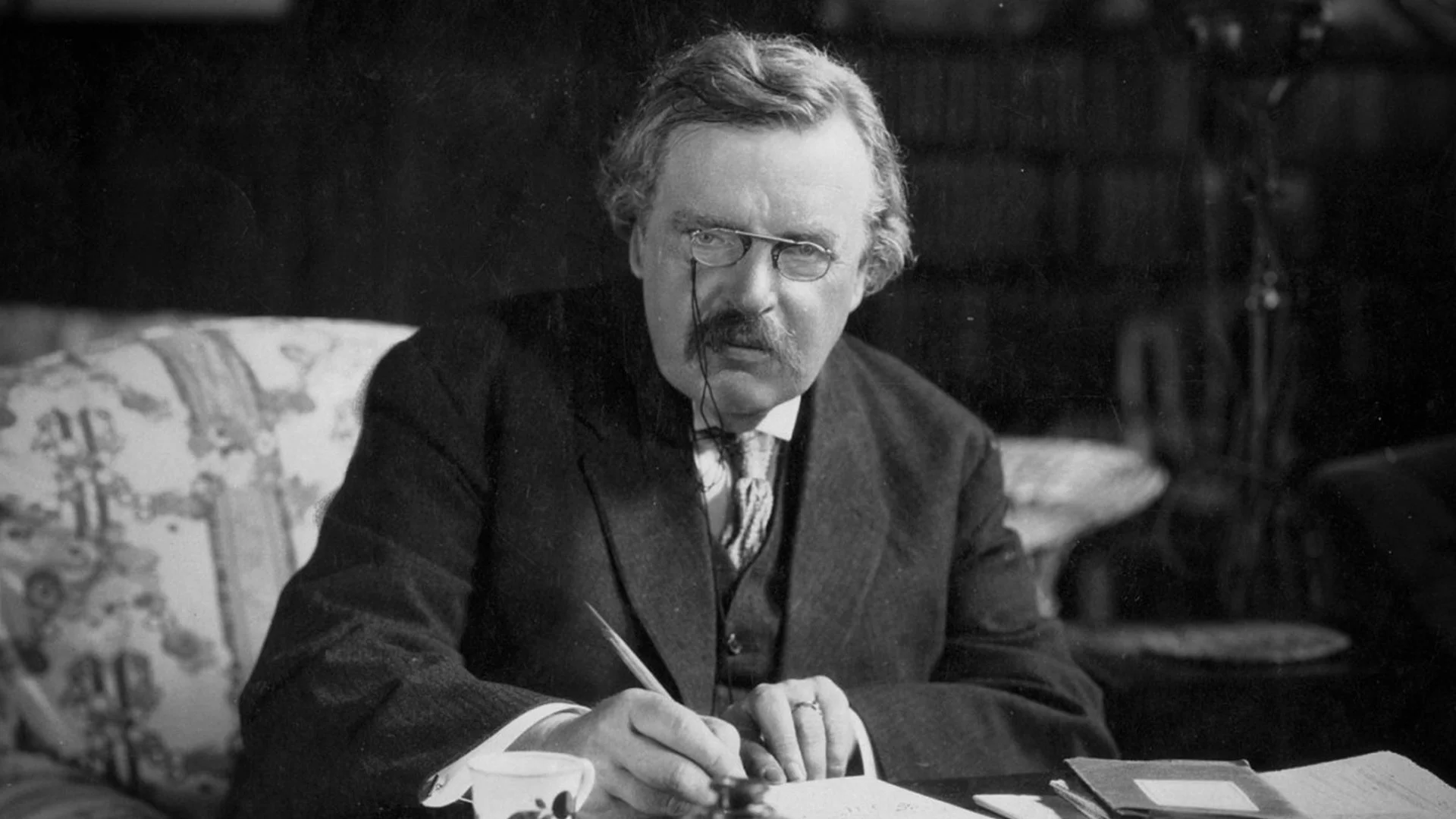A leader is most effective when he is developing and building up his team. The most important facet of leadership is the relationship between the leader and those in his sphere of influence. If your leadership is concerned with winning, or being first, or completing a project, then you are chasing the lead, versus being a leader. The leader must strike a balance, as the Harvard Business Review instructs, between the “pressure of performance” and the priority of people.[1]
When performance trumps people, an eclipse of leadership occurs. The leader himself overshadows the team. His priorities, ideas, thoughts, decisions, become the elements of first importance. You’ll know instinctively if this is occurring. You’ll hear the phrases associated with overbearing leadership—“Just get it done.” “Focus on doing what I told you.” “Now is not the time for questions.” And let’s not forget the famous cliché, “It’s my way or the highway.”
Overshadowing leadership eclipses the strengths of the team. A condescending tone, directives given from a position of superiority and control, defensiveness when questioned, an impossible standard—all are signs of an overbearing leader focused on his own performance over people. Maybe you’ve heard the 1983 Bonnie Tyler song, “Total Eclipse of the Heart”. The tune is about a love affair that draws you in so powerfully that it won’t let you go. The lover overshadows one’s life so completely that it blocks out the sun and plunges the heart into darkness. And this is the result of overshadowing leadership—it sucks the heart right out of people and, in turn, the organization.
The Scriptures do tell us to respect leaders. But there is far more instruction in the Bible concerning how leaders should treat people. The Bible emphasizes the leader’s humility, patience and relational priority. Consider:
“Humble yourselves before the Lord…” James 4:10
“Instead, the greatest among you should be like the youngest, and the one who rules like the one who serves.” Luke 22:26
“Do nothing out of selfish ambition or vain conceit. Rather, in humility value others above yourselves, not looking to your own interests but each of you to the interests of the others.” Philippians 2:3-4
“He must become greater; I must become less.” John 3:30
“Therefore, as God’s chosen people, holy and dearly loved, clothe yourselves with compassion, kindness, humility, gentleness, and patience. Bear with each other and forgive one another if any of you has a grievance against someone. Forgive as the Lord forgave you.” Colossians 3:12-13
“If your brother or sister sins, go and point out their fault, just between the two of you. If they listen to you, you have won them over. But if they will not listen, take one or two others along, so that ‘every matter may be established by the testimony of two or three witnesses.’” Matthew 18:15-16
“My dear brothers and sisters, take note of this: Everyone should be quick to listen, slow to speak and slow to become angry…” James 1:19
“You have heard that it was said, ‘Love your neighbor and hate your enemy.’ But I tell you, love your enemies and pray for those who persecute you, that you may be children of your Father in heaven.” Matthew 5:43-45
“And the things you have heard me say in the presence of many witnesses entrust to reliable people who will also be qualified to teach others.” 2 Timothy 2:2
These and many other passages point to the goal of the leader to be a relationship builder and relational influencer among his peers and reports. Especially in matters of disagreement, a leader should exercise restraint, humility and a listening ear.
Does your leadership cast an eclipsing shadow on your organization? Think about the actions and attitudes that can bring light to your leadership and brighten the outlook of those you lead. Some suggestions for the overbearing leader are[2]:
Avoid micromanagement. Leave room for autonomy and creativity, instead asking your people to check in periodically. The leader’s job is to build more leaders from team members.
Solicit and hear feedback. Ignore team input to your peril. Continually disregard people’s input and eventually they’ll stop telling you anything, even if it’s critically important. The leader’s job is to improve in his own leadership.
Avoid isolation. Encourage team members to communicate with each other and to be as transparent as the environment allows. A leader’s job is to build trust among his people and with himself.
Keep work to work. Don’t make work demands outside of the workplace or outside of expected hours. Demanding team members contact you at night, on weekends, or respond immediately to all communications is unrealistic. A leader’s job is to encourage team members to be successful at work and also have a life outside of work.
Reduce leader dependence. Don’t ask to be copied on every email or to be in on every decision. The leader’s job is to help the team work more independently.
Delegate wherever possible. Give authority to team members. Coach them to build up trust in their skills and abilities. The leader’s job is to help the team grow.
Avoid intimidation. Don’t be controlling. Avoid using aggression, fear or manipulation to silence or gain compliance from team members. Overshadowing leadership is also known by another name these days—toxic leadership. A leader’s job is to work with his people to better their lives and the organization, not to be a menace to get his way.































Fidelity is rare. It requires our allegiance to something greater than ourselves. The value of fidelity to a leader is not a loyalty that just serves customers or a company. Rather, it is fidelity to one’s character and values.